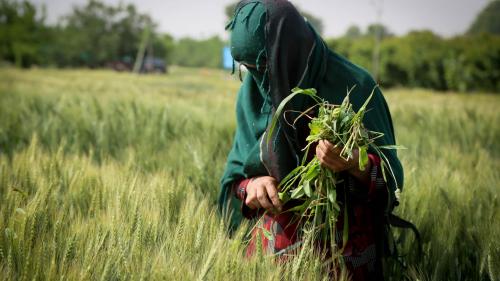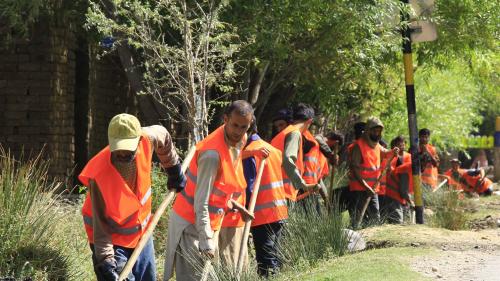The Afghanistan Resilience Trust Fund (ARTF) is a multi-donor trust fund that coordinates international aid to improve the lives of Afghans. It’s administered by the World Bank and currently supported by 32 donor partners.
Established in 2002, the ARTF was the largest source of on-budget financing for Afghanistan’s development until the political event in Afghanistan in August 2021. Until then, it funded Afghanistan’s national priority projects, including in health, education, agriculture, rural development, infrastructure, and public financial management.
The ARTF was originally known as the “Afghanistan Reconstruction Trust Fund”, however, to reflect a shift in focus of the multi-donor Trust Fund’s strategic intervention after August 2021, its Steering Committee endorsed a revision of the name of the trust fund to “Afghanistan Resilience Trust Fund”.
The current ARTF program provides support for basic services and livelihoods. Projects span the development spectrum and include health, food security, education, community resilience, potable water and irrigation, and microfinance. They are aimed at maintaining basic lifelines of vulnerable Afghans. To ensure ARTF-financed basic services projects are grounded in socioeconomic reality, the program also delivers economic, social, and sector-focused studies and analytics under its analytical program.
Operating in high-risk environments, the ARTF has adopted a risk management framework that assesses and mitigates risks in close coordination with development partners and donors. The ARTF Monitoring Agent (ARTF MA) monitors the goods and services that reach the intended people.
In Focus
The ARTF works across all 34 provinces of Afghanistan and provides essential basic services support in health, education, food security and livelihoods, community resilience, and water management.

